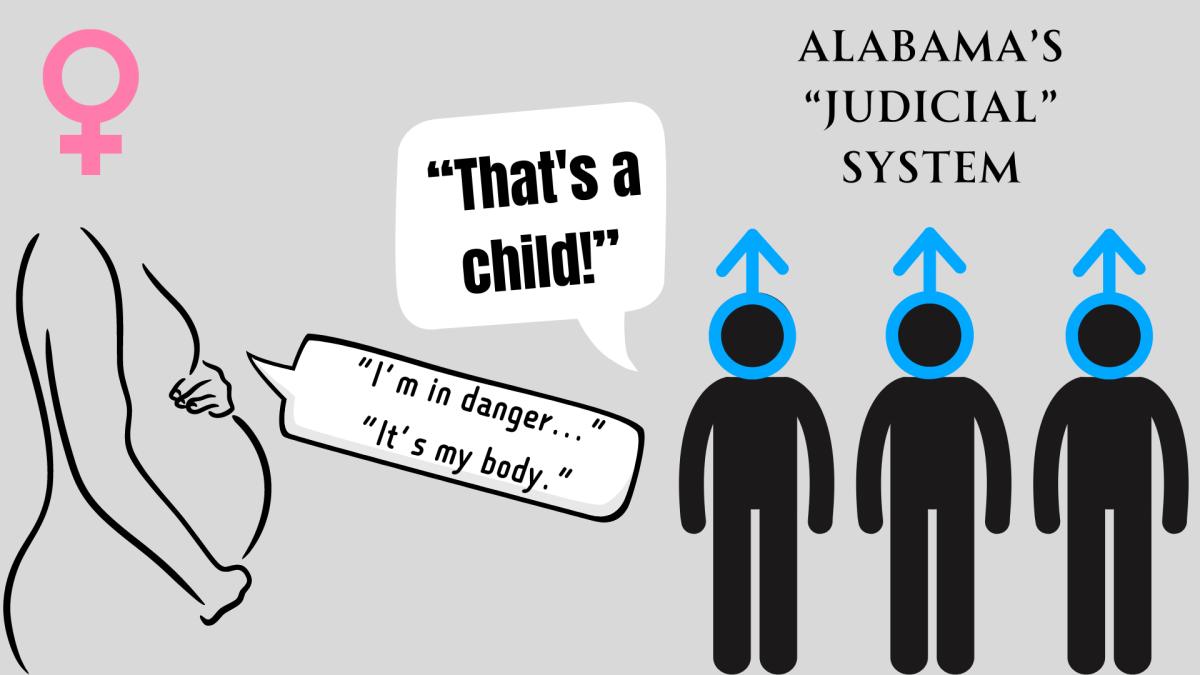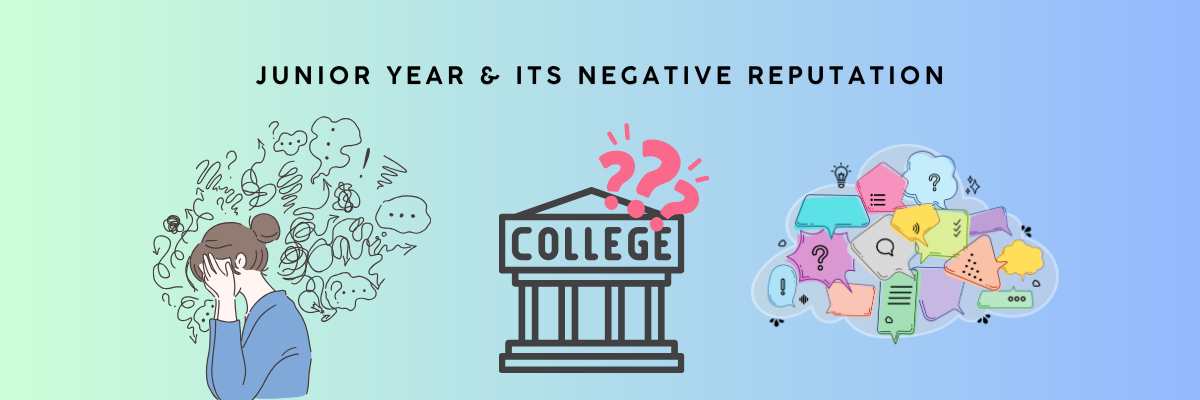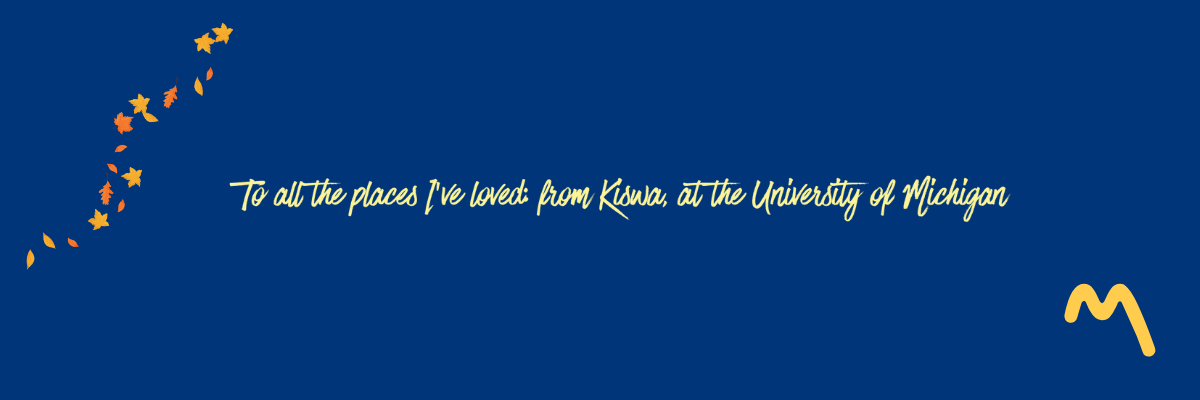The date was February 16th. The United States gained over a million people in just one day. How could this possibly occur? Well, according to Alabama’s (predominantly male!!) Supreme Court, frozen embryos (in or outside of the uterus) were now considered to be children.
This decision to humanize literal cells will impact women in ways not previously considered through the creation of this legislation. The decision to count frozen embryos as children affects a common fertility procedure called In Vitro fertilization (IVF). In Vitro Fertilization is a procedure in which eggs and sperm are fertilized in a lab. This procedure is often done when people are having fertilization issues. Most importantly, this procedure requires freezing embryos. Because of this legislation, procedures such as IVF might experience horrid implications. Not only will this decision affect IVF, but it will mark a subsequent step back in the fight for abortion and the right to freedom of choice.
Rhea Shin, a Junior, offers her perspective on the debate.
“I believe that every woman should have the right to choose. It is their body, so they deserve to choose what to do with it. Although I wouldn’t personally get an abortion, that doesn’t mean other women shouldn’t have the choice to,” Shin says, “The fact that fetuses have more rights than women in the U.S. is unacceptable and disgusting”
America is a country where freedom of religion is one of our most important founding pillars. Considering life to begin at conception (or at a mere frozen embryo) infuses legislation with Christianity, which violates a necessary separation of church and state. Furthermore, this legislation violates numerous notions in the religion of Judaism. According to the Talmud, the fetus is not viewed as separate from the pregnant person, or even as a child, until it takes its first breath of oxygen into the lungs. Judaism values protecting existing life above all. Judaism commands that the pregnant person’s life must be protected above all measures. Claiming embryos to be children not only violates a pregnant person’s right to choose but also violates religious freedom.
Maybe I’m going too hard on “Sweet Home Alabama”. Maybe these seemingly misogynistic legislators truly have future children’s best interests in mind. Perhaps they truly care about the potential of life, so much so, that they are willing to sacrifice the life of a pregnant person. So let’s take a look at Alabama’s legislation for children. Since Harvard’s medical school found a link between the rising number of abortion restrictions and a surge of children entering the foster care system, and if Alabama is ready to tighten its abortion restrictions, then its foster care system must be the envy of all, right? Wrong! The U.S. Department of Justice found that Alabama’s foster care system violated the “Americans With Disabilities Act” as it was found that this system discriminated against students with disabilities in the foster care system. 21.8% of children in foster care in Alabama have three or more placements within 12 months.
Makaila Manirate, a junior, believes strongly in the right to bodily autonomy.
“Women should have the right to choose whatever happens to their bodies,” Manirat explains. “Having a baby could really affect a woman or a girl’s life. If she’s not ready to have one, that should be her choice.”
It is so silly to pretend to take the moral high ground when you don’t actually care about children once they are born. You don’t care that they are treated justly. Your foster care system is broken, overloaded, and cannot seem to treat children with disabilities lovingly and humanely. What if that “unborn baby” turns out to be gay or transgender, Alabama? Your LGBTQ legislation (or lack thereof) will not support them. What about if this “potential life” is anything but a white male, Alabama? Your recent house-approved bill, SB 129, promises to prevent public funding of diversity, equity, and inclusion (DEI) programs.
So is it really about the “children”, Alabama? Because if it were, your legislation would have something to show for it. It’s about finding loopholes to oppress women further systemically. It’s about taking away fundamental constitutional rights to gain power over those who are vulnerable.
Mia Rubinstein, a junior, explains a woman’s unique perspective.
“I think women are subjected to so much in life, that no one understands what women have to go through unless you are a woman. And that same mindset goes for never truly knowing someone else’s experience because you’re not them.”
It is the hope that one day, pregnant people won’t fear for their life and their rights. Until then, states like Alabama continue to set the American people back by years.









